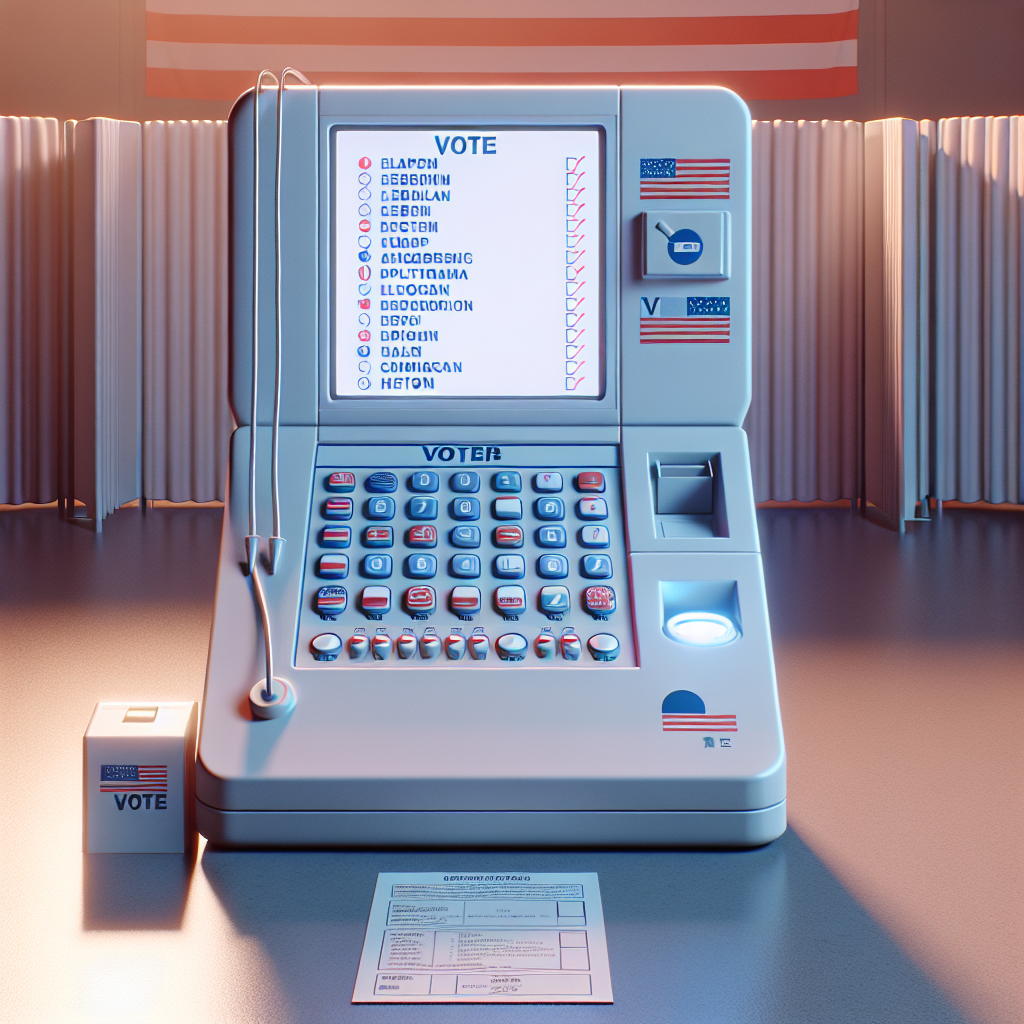Restoring Rights: The Fight for Voting Access in America
Many Americans are barred from voting due to felony convictions, though some states are restoring rights. Louisiana has made progress with groups like VOTE empowering formerly incarcerated individuals. Nebraska supports restoration, while Florida remains restrictive despite attempts for reform. Advocates argue disenfranchisement contradicts U.S. democratic ideals.

A new report highlights that roughly 4 million Americans are disenfranchised due to felony convictions, a practice making the United States stand out negatively compared to other democracies. The study, released by The Sentencing Project, critiques the U.S. for its unique adherence to voting restrictions after citizens have served their sentences.
Efforts to overturn these restrictions are gaining traction in various states. Louisiana, for example, witnessed significant success with the organization VOTE, co-founded by Checo Yancy. The group has registered thousands of formerly incarcerated individuals, challenging laws seen as disproportionately affecting African Americans.
Nebraska's Supreme Court recently upheld a law that allows individuals with past felony convictions to vote, symbolizing progress in restoring electoral privileges. On the contrary, Florida remains stringent, despite pleas for reform. Advocates like Yancy press for fair representation, contending that restoring voting rights strengthens democratic participation and reduces crime.
(With inputs from agencies.)
ALSO READ
Urgent Restoration of Cracked Meghannath Prachari at Puri Jagannath Temple
Restoration of J&K's Special Status: A Historical Resolution
J-K assembly passes by voice vote resolution asking Centre to hold dialogue with elected representatives for restoration of special status.
Kashmir Assembly Calls for Restoration of Special Status Amidst Political Unity
Dy CM Surinder Choudhary moves resolution in assembly asking Centre to hold dialogue with MLAs for restoration of special status of J-K.










